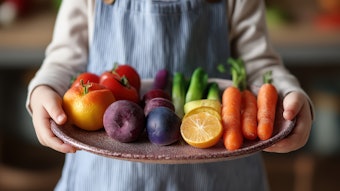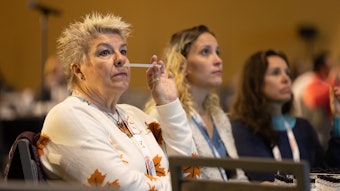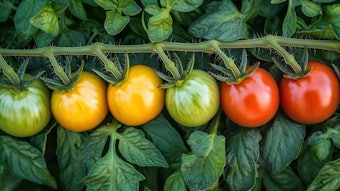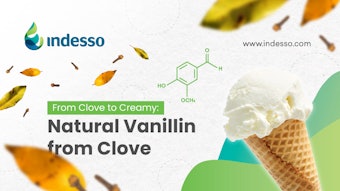Recent findings from the Monell Center have revealed that a person’s sensitivity to bitter taste is shaped not only by which taste genes one has, but also by how much messenger RNA, the gene’s instruction guide that tells a taste cell to build a specific receptor, that his or her taste cells make.
The findings revealed that under normal circumstances, people whose taste receptor cells make more messenger RNA (mRNA) for a given gene make more of the encoded receptor. The findings add a new level of complexity to understanding of the cellular mechanisms of taste perception, which may ultimately lend insight into individual differences in food preferences and dietary choices, Monell said.
“The amount of messenger RNA that taste cells choose to make may be the missing link in explaining why some people with ‘moderate-taster’ genes still are extremely sensitive to bitterness in foods and drinks,” said Monell taste geneticist Danielle Reed, who is an author on the study.
In the study, reported online in the American Journal of Clinical Nutrition, small biopsies of papillae, the little bumps on the tongue that contain taste receptors, were taken from 18 people known to have the same moderate-taster (heterozygous) genotype for the TASR38 bitter taste receptor and the amount of mRNA expression for this genotype was measured. Before the biopsy, people rated the intensity of various bitter and non-bitter solutions, including broccoli juice.
Even though the subjects had the same ‘middle-of-the road’ genotype, their responses to some of the bitter substances varied over four orders of magnitude. Analyses revealed a direct relationship between mRNA expression and bitterness ratings of broccoli juice, with subjects having the most mRNA rating the juice as most bitter.
“The next step involves learning more about what causes these individual differences in mRNA expression; does diet drive expression or is it the reverse? And, can differences in expression explain why children are more sensitive to bitter than adults with the same genotype?” said co-author Julie Mennella, a developmental psychobiologist at Monell.










